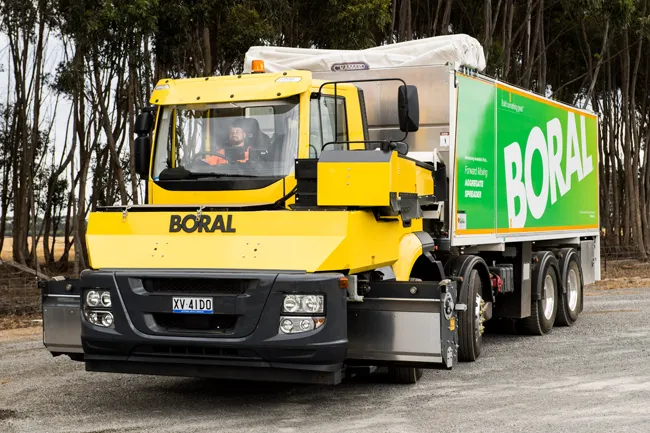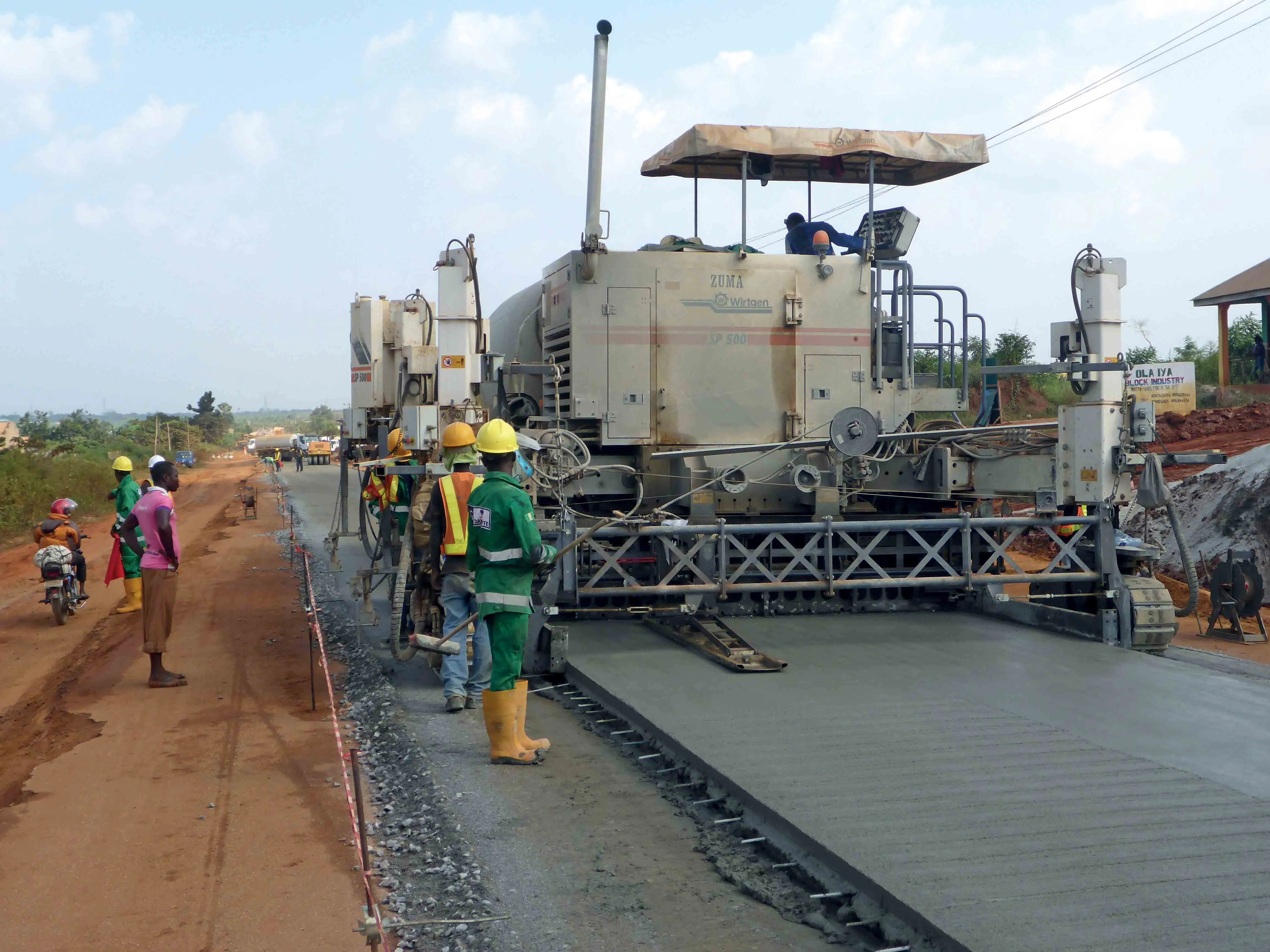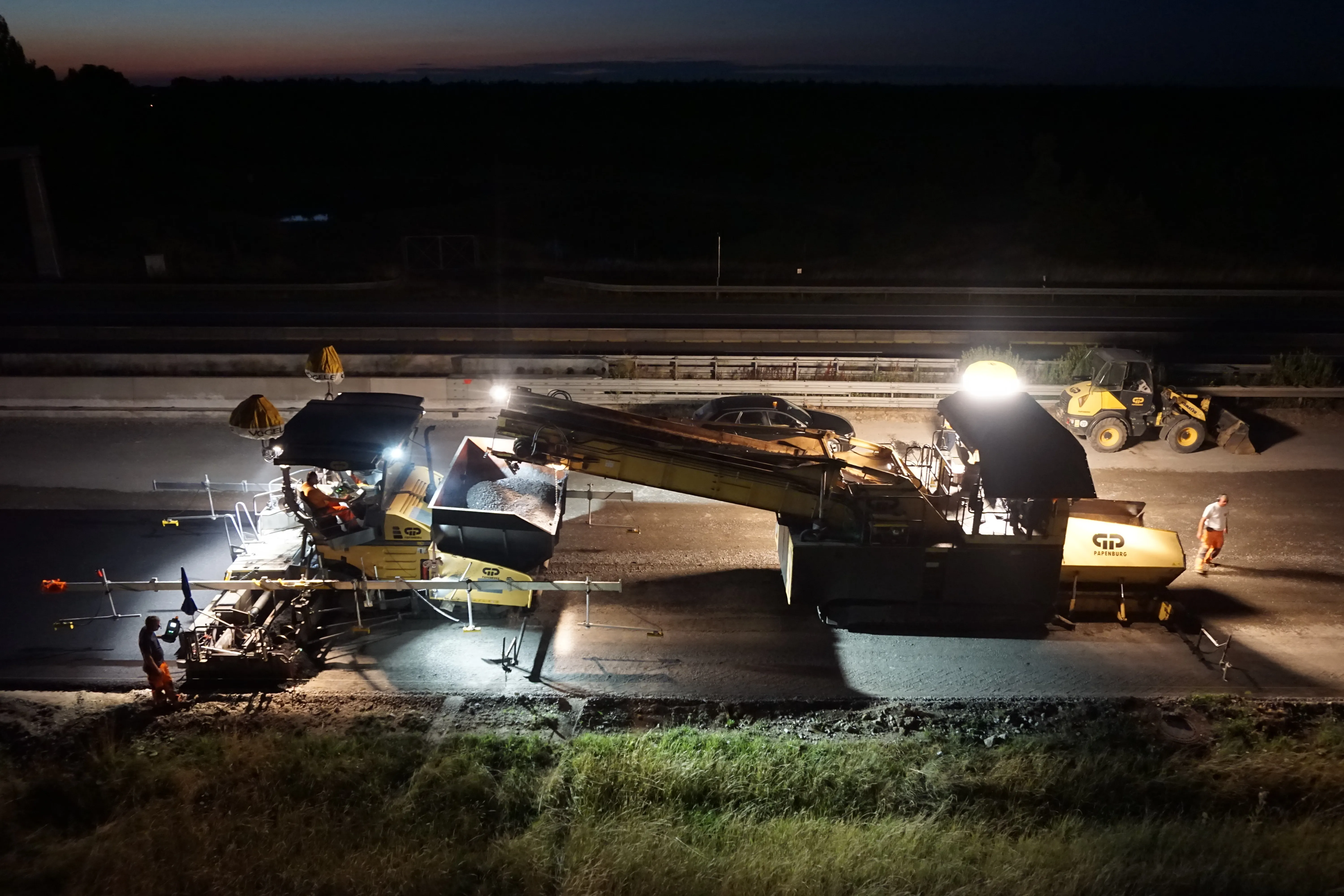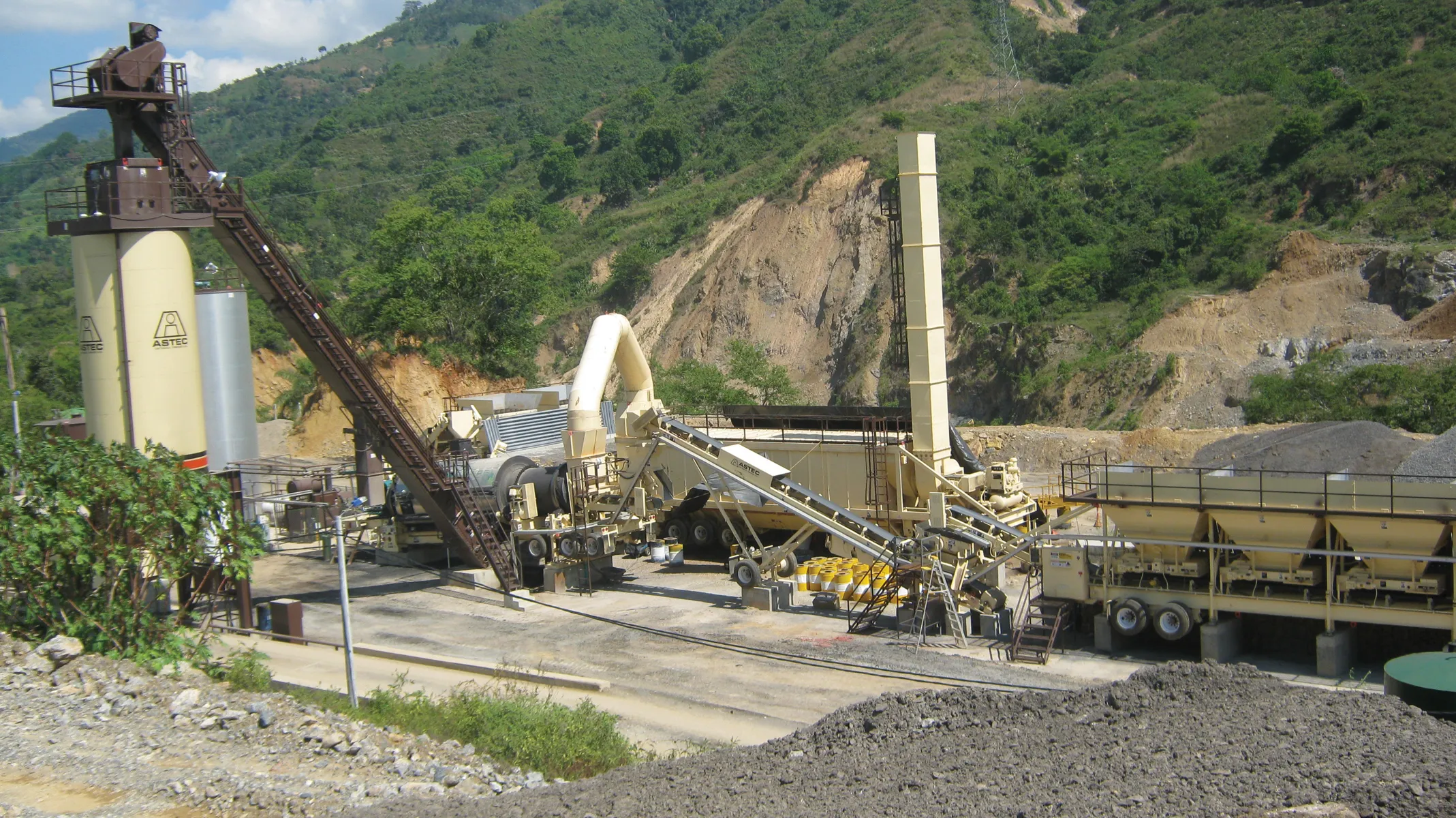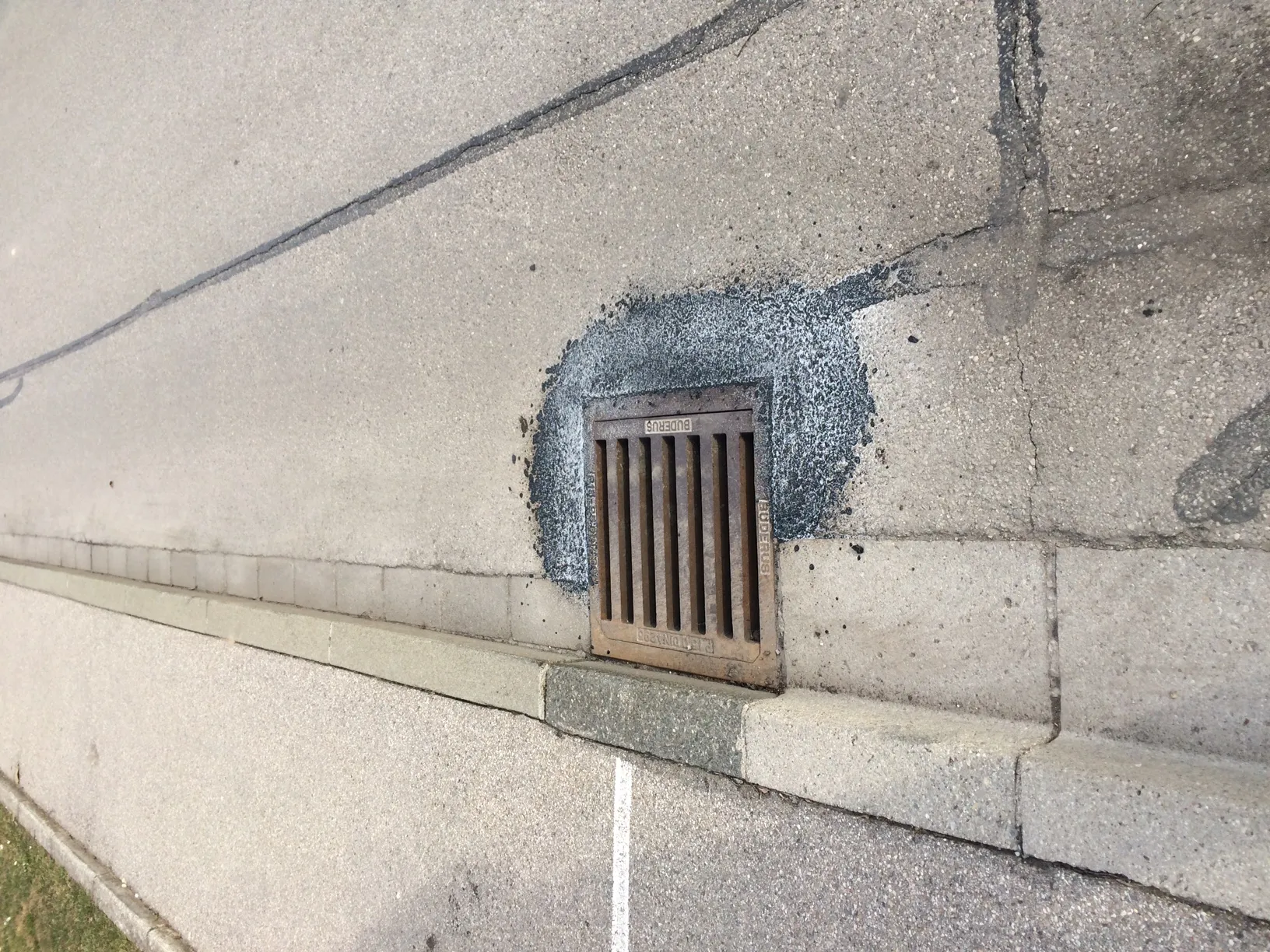
Repairs made with ChipFill can be done in only 20 minutes without the need for bulky machinery, according to the company. All that is needed is a brush and a gas burner.
Until now, ChipFill has been used widely for road repair, but it offers easy solutions for other problems as well, such as reseating cobblestones. Thermoplastic and preformed thermoplastic applied on cobblestones can cause problems as it is prone to crack due to stones shifting. By reseating the cobblestones with ChipFill, markings material such as PreMark, made by US-based company Ennis-Flint, will have their life greatly extended, according to
Surfaces can be levelled by filling the space between cobblestones with ChipFill. This makes the cobblestones both easier and safer to walk on – especially for pedestrians wearing high heels.
ChipFill can secure the area around manhole covers and drain holes. As opposed to cold applied asphalts, the hot applied thermoplastic ChipFill has a better bonding with underlying asphalt. This is because the binders in the thermoplastic bond with the bitumen in the asphalt when heated. As a bonus, Chipfill does not allow water to pass through the material.
ChipFill consists of small chips which makes it extremely easy to work with. Simply pour on the material where needed and sweep up the excess material to save it for later use. This means no waste, but also no mess as you can easily sweep unwanted chips off the surface before applying heat with the gas burner leaving no marks on the actual cobblestones.


